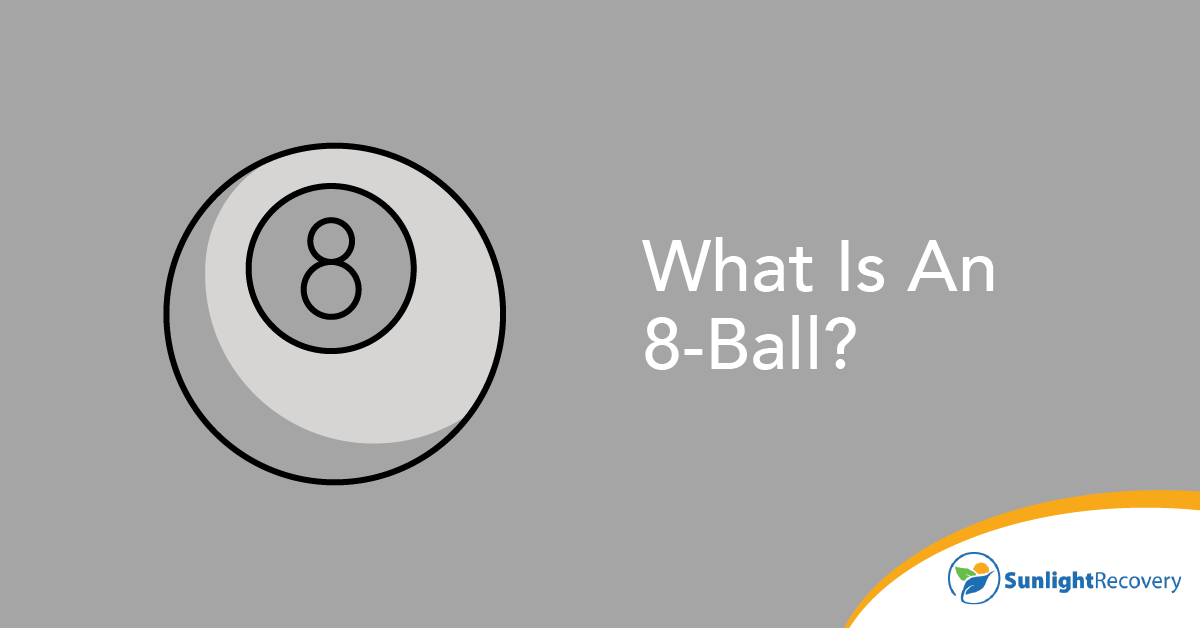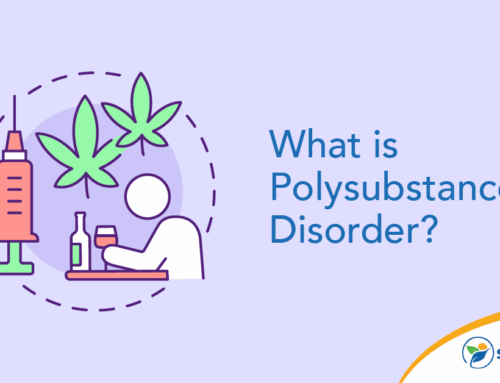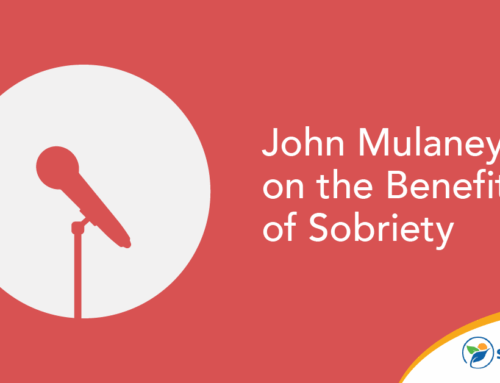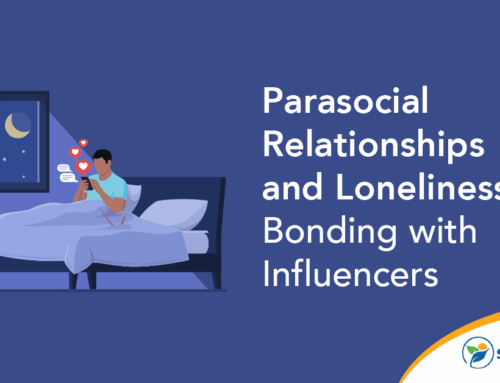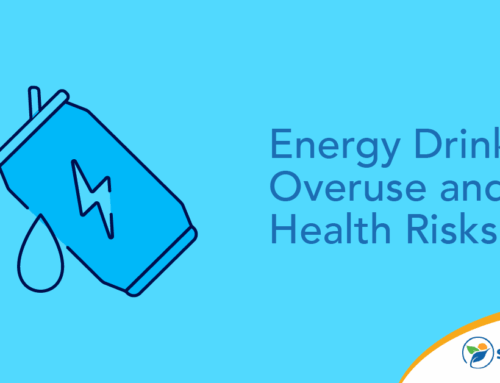Most people think of the black ball on a pool table when they hear the term “8-ball.” But the 8-ball drug meaning is very different. In street slang, it points to a specific quantity of drugs, often hidden in everyday conversation.
What’s an 8-ball? Find out the answer to that question, and learn about the substances tied to the term and the serious risks that come with it.
Definition: What “8-Ball” Means in Drug Slang
An 8-ball represents one-eighth of an ounce, or exactly 3.5 grams, of an illegal substance, which explains the name. Drug dealers and users adopted this term because it sounds innocent in conversation while referring to a substantial amount of drugs.
The slang developed naturally within drug communities as a way to discuss quantities without drawing attention. People might say they’re getting an 8-ball or asking about 8-ball prices. These conversations aren’t about billiards equipment.
This substance quantity lies between smaller personal-use quantities and larger dealer-level amounts. For perspective, 3.5 grams represents multiple doses for most users, making it legally and medically significant.
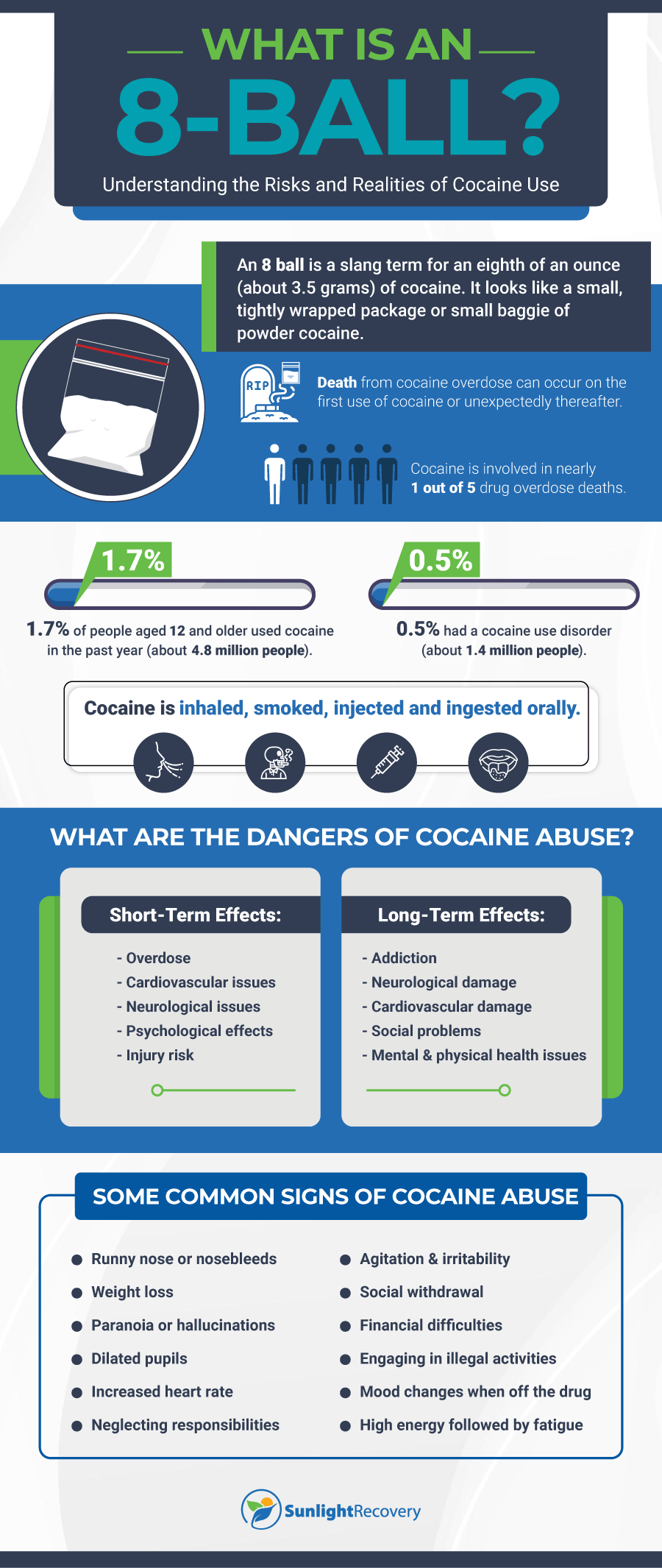
Common Substances Referred to as an 8-Ball
8-Ball Cocaine
When people talk about an 8-ball of cocaine, they mean 3.5 grams of powder. Cocaine is a stimulant that gives a sudden burst of energy and focus. It can also make the user feel more confident and alert. What often surprises people is how quickly that rush fades. The short high pushes many to use more in a short span, which can quickly spiral into risky patterns.
8-Ball Methamphetamine
The term “8-ball” can also refer to the same weight of meth. Unlike cocaine, meth usually looks like crystals or shards, and the high can last for many hours. The effects are intense and often overwhelming, leaving the user wired, restless and sometimes paranoid. Because meth is so powerful, it can change the brain after only a few uses, making it one of the most addictive drugs a person can encounter.
Street Use, Dosage and Risks
While “8-ball” may sound like just a number, it represents a large supply for personal use. Some people may use it across several days. Others might binge, which raises overdose danger.
What’s even more alarming is that 8-ball drugs are rarely pure. Dealers often cut cocaine or meth with fillers, including baby powder, baking soda or more harmful substances such as fentanyl. A person may think they know what they’re taking, but they don’t.
Risks of using an 8-ball include:
- Overdose, especially with fentanyl contamination
- Heart problems, including arrhythmia or a heart attack
- Seizures and strokes
- Intense anxiety, paranoia or hallucinations
- Long-term brain changes that affect mood and memory
The CDC estimates that about 80,000 people in the United States died from drug overdoses in 2024, which is a drop from more than 110,000 deaths the year before.
Legal and Health Consequences of Possession and Use
Getting caught with an 8-ball is never treated lightly. Cocaine and meth are Schedule II drugs, meaning they’re known to be highly addictive even though they still have limited medical use. Anyone arrested with this amount could face fines up to $10,000 and spend up to 10 years in prison.
For many states, being caught with 3.5 grams crosses the line beyond what might be considered personal use, causing possible charges of possession with intent to distribute. That pushes charges into felony territory, which carries a record that affects where an individual works, where they live and how they provide for their family.
The health side is just as serious. Cocaine and meth hijack the brain’s reward system, making the user crave them more while dulling their ability to feel joy without them. Over time, memory and judgment can be affected, too. In 2023, about 5 million people in the United States used cocaine, with young adults showing the highest rates. Another 2.6 million turned to meth. Unfortunately, these aren’t just numbers on a survey. They reflect people who have families worried sick about their safety and future. But it’s possible to get help.
How to Recognize Signs of Use or Dependence
Recognizing substance use early gives you the best chance to help someone you care about. People using cocaine or methamphetamine in 8-ball quantities typically show multiple warning signs.
Physical signs include:
- Dramatic weight loss over short periods
- Dilated pupils and bloodshot eyes
- Excessive sweating or body temperature changes
- Burns on fingers or lips from smoking pipes
- Track marks or injection site infections
- Poor hygiene and dental problems
Behavioral changes often involve:
- Staying awake for days, followed by extended sleep periods
- Aggressive or paranoid behavior
- Abandoning responsibilities and relationships
- Stealing money or valuable items
- Lying about activities and whereabouts
- Social isolation from family and friends
There may also be financial red flags. Someone purchasing 8-balls regularly needs significant amounts of money. You might notice missing cash, sold belongings or unexplained debt accumulation.
Treatment Options for Related Substance Use
Hearing that someone’s been using 8-ball drugs can leave you feeling powerless. But treatment does exist, and thousands of people rebuild their lives after dependence on cocaine or meth.
Medical detox is often the first step. Under supervision, the body clears out the drug while doctors manage withdrawal symptoms. This process is safer and far less frightening for the person going through it.
Therapy then addresses the reasons behind the use. Individual counseling helps individuals understand their triggers, while group therapy provides support from people who know the struggle firsthand. Family sessions bring healing to relationships that may have been strained by addiction.
Long-term recovery usually involves ongoing support. Sober-living homes, 12-step programs and outpatient therapy help maintain stability. Addiction changes the brain, but treatment helps the brain relearn healthier patterns. With time and the right care, recovery becomes possible.
Finding Care When the 8-Ball Drug Meaning Hits Home
If you’re reading this because someone you love may be using cocaine or meth, you aren’t alone. At Sunlight Recovery, compassionate care is available for individuals and families facing substance use. Our programs include medical detox, therapy and long-term recovery support tailored to the needs of each person. Call today to learn how we can guide you or your loved one toward a safer and healthier future.


